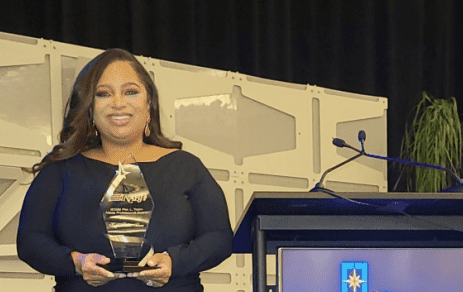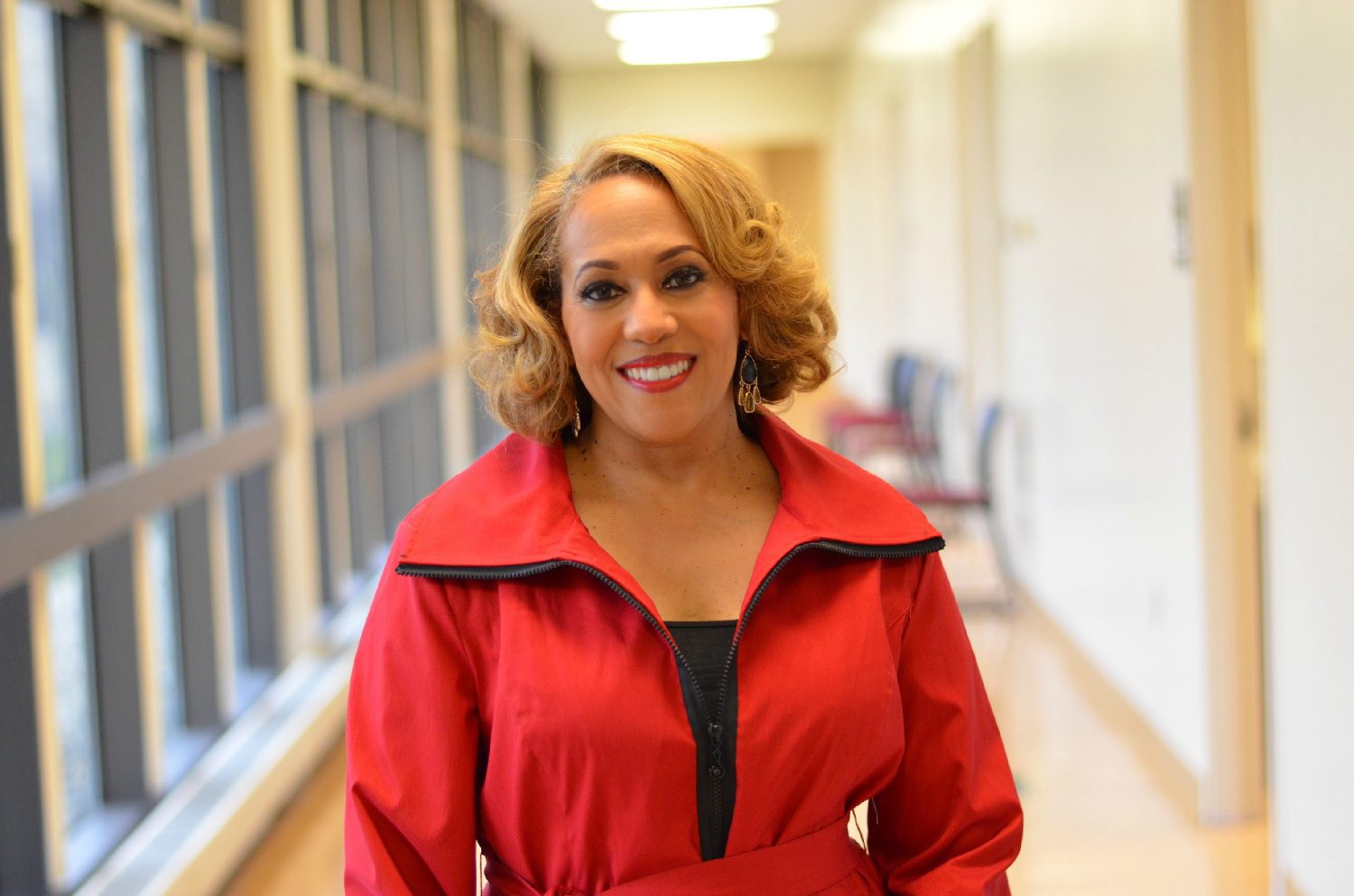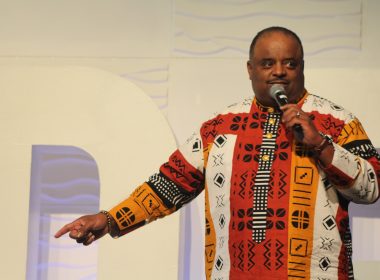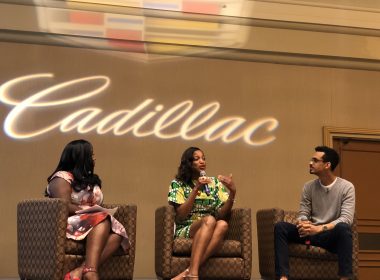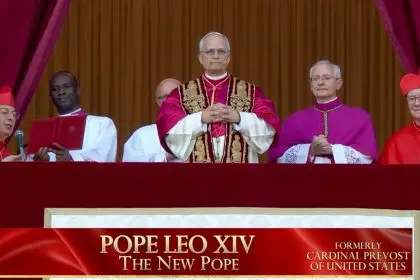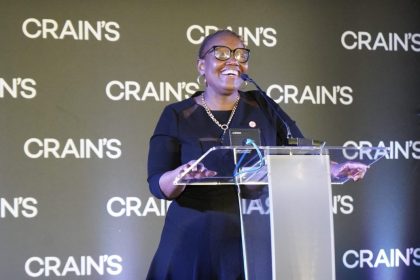
PHILADELPHIA – The National Association of Black Journalists, the largest and most influential minority media organization in the Western Hemisphere, passed a resolution to begin reunification talks with UNITY: Journalists of Color coalition when it deemed feasible, perhaps within the next 30 days. However, most members agreed with the rationale behind the executive board’s decision to split from UNITY once it was explained to the national body in totality.
Despite a near consensus that there are significant and near irreconcilable differences with UNITY’s financial and governance structure – for example, the current president of UNITY makes a six-figure annual salary despite holding a convention once every four years – members wished that the NABJ leadership had elaborated on the rationale prior to filing for a divorce from UNITY.
“I think this was done in haste, wherever you stand on [the issue],” one NABJ member quipped. “This was not handled well and in the interest of the members to let them know what we were voting on and to know what the ramifications are, now and later.”
One of the main issues with the UNITY coalition was cash flow. NABJ and the other members of UNITY, the National Association of Hispanic Journalists, the Asian American Journalist Association and the Native American Journalist Association, is that they were strongly urged to turn over all sponsorship to the UNITY coalition. Soon the revenue that powered each individuals group’s conventions and programming abruptly was steered to UNITY.
Roland Martin, a CNN contributor, explained it this way: “Our members need to understand something. There are four shareholders in UNITY. You are a shareholder. At the last UNITY convention, we drove 53 percent or so of the revenue to UNITY, in terms of attendance. You factor in the onsite registration by black journalists, that potentially could have risen to 60 percent,” Martin explains. “UNITY is sitting on $800,000. We asked the question: ‘What are you doing as an organization?’ The answers that were given were flat out unacceptable. We asked, ‘Who are you meeting with? Who are you advocating for? We asked them directly,’Have you met with media companies to argue to hire more minority journalist?’ No, they could not answer the question.
[NABJ members] are driving the money to UNITY, and UNITY is telling you, NABJ: ‘I’m sorry, you cannot keep more of your money.’”
Many inside the room agreed with the sentiments of DeWayne Wickham, the legendary national columnist who was the NABJ president and founder of UNITY two decades ago. He told the governing body and members, “We need to attend to our own business. No one is championing us, but us. Let’s get about our business. The UNITY [controversy] is done. We can have some conversation with them. But let’s get with our own business,” he said to thunderous applause.
Most of the members also agree that UNITY was a good concept initially, but that “it has just not worked,” said another member. “And part of it is that there is a structural imbalance that will always make it difficult. So for those who think we should get back together, fine. But we have to change it. It cannot go back to the way it was.”-terry shropshire

